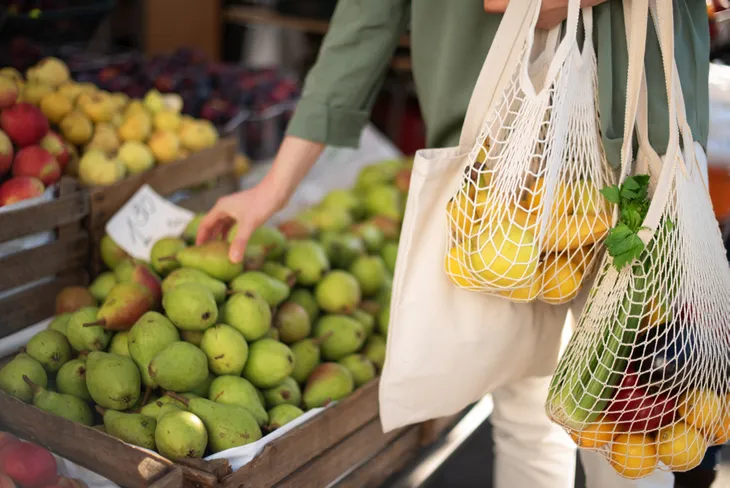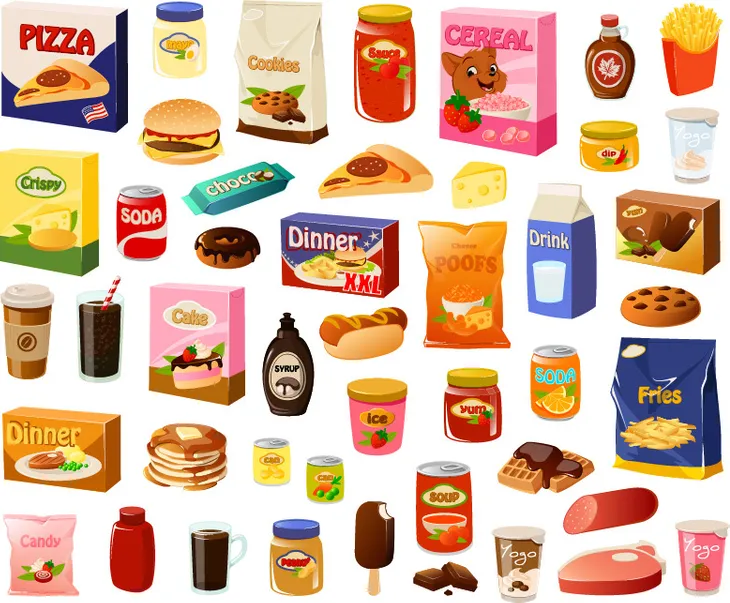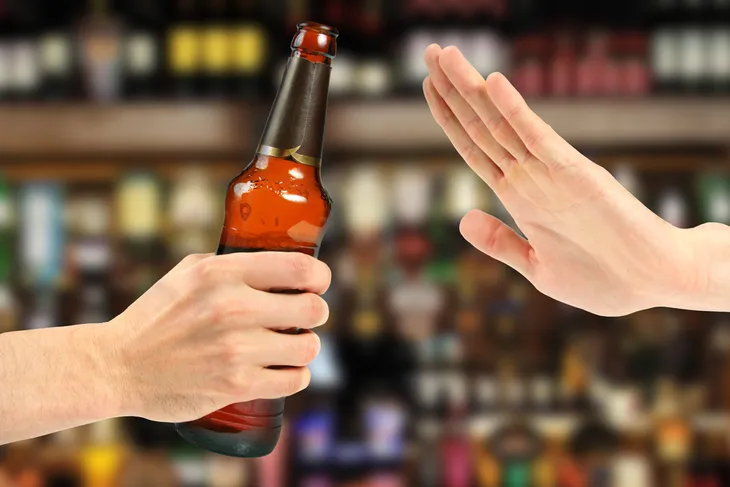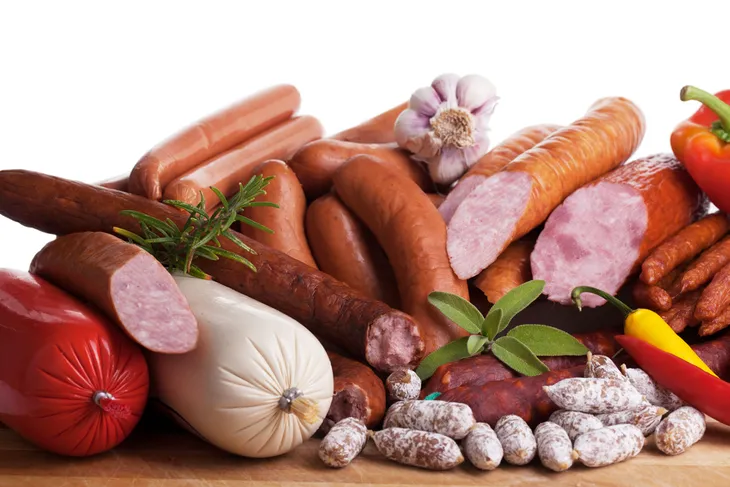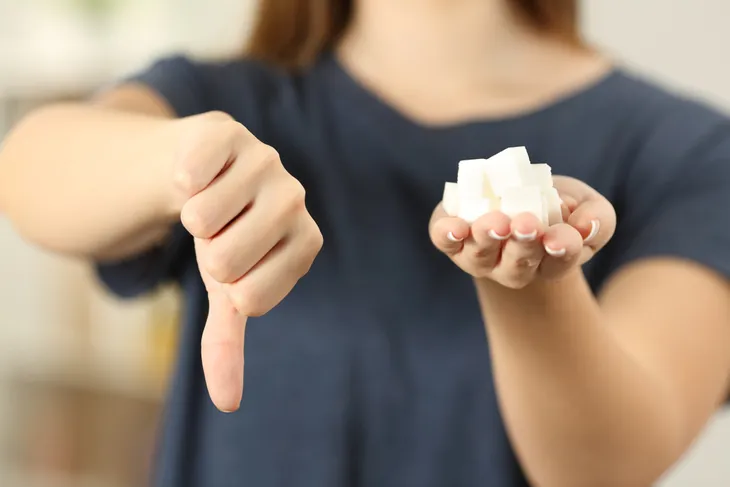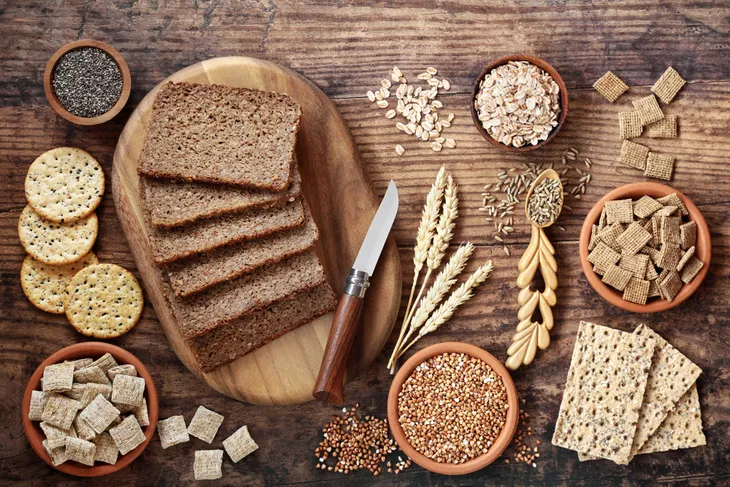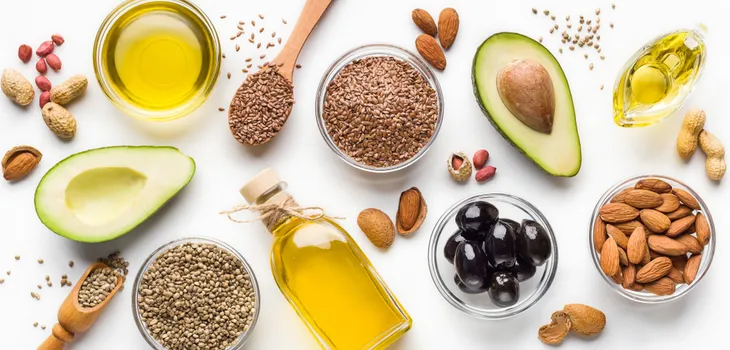If your eating habits require a bit of a reboot prior to swim season, cleaning up your diet is a good place to start. This diet overhaul, or clean sweep as I like to call it, focuses on healthy food groups (i.e., fresh, local fruits and veggies, healthy fats, whole grains, and lean proteins) while banishing the not so healthy ones (i.e., salt, Trans fats, processed carbohydrates, and refined sugars) less of the not-so-healthy ones.
Here are 10 clean diet tips to help detoxify your body and diet for summertime…
Choose Natural Foods
Eating clean is easy when all you have to do is choose from natural foods as much as possible. Stick to the edge of the grocery store or market and wheel your cart through the fresh produce, meat and dairy, and bulk goods aisles while completely forgoing the canned and processed food and snack rows.
Limit Processed Foods
I know it’s difficult to shun processed foods completely. For instance, you may be traveling for work without knowledge of the nearest farmers markets or grocery stores. However, it is possible to limit your intake of highly processed foods as much as possible by preparing healthy homemade versions of your favorites comfort and snack foods.
For instance, make air popped corn kernels, drizzled with olive oil and a touch of sea salt instead of buying microwave bags.
Look at Ingredients
You already know that most processed foods are full of Trans fats (or saturated fats), sodium, and refined sugars. However, if you look at the ingredients list of any product, you can determine if it’s healthy pretty quickly if it contains a bunch of ingredient names that you don’t know and can’t for the life of you pronounce. If it contains names such as butylated hydroxyanisole or monosodium glutamate, I tend to put it back on the shelf.
Cut Alcohol Consumption
Your body absorbs everything that you eat and drink, which means if you drink a lot of alcoholic beverages, your body is affected. You don’t have to totally swear off the hooch, but ladies should limit to one a day and men should limit intake to no more than 2 drinks each day. Just remember the excess empty calories in beer, wine, and spirits quickly add up!
Put Down the Salt
Sodium is in everything—from canned goods to breakfast cereal—which is why North Americans eat way too much sneaky salt added to our foods, and end up with dangerously high blood pressure. Luckily, you won’t even miss salt if you prepare meals at home and use fresh herbs (i.e., dill and cilantro), fruit juices (i.e., lemon and orange peel), and spices (i.e., garlic and cumin) to season food.
Focus on Fresh Veggies
As a general rule for healthy eating, I tend to make fresh veggies (or frozen in winter) a prime focus of most meals. That way, I know I’m getting a boat load of vitamins, nutrients, and heart-healthy fiber with every meal. Just be sure those green beans and that asparagus is fresh and not out of a can (contains excess sodium) for a filling, fiber-rich meal that keeps you full for longer and keeps your waistline trim.
Tame Red and Processed Meat Consumption
If you’re a meat-a-tarian, you’re probably not willing to give up red meat completely. However, you can enjoy a small, lean cut of steak or beef once in a while cutting out most of the saturated fat in your diet from fatty cuts and processed red meat sources (i.e., deli meats) and opting for lean chicken, seafood, and veggie-based meals the rest of the week.
Nix All Refined Sugar
When you consider that North Americans consume roughly 8-teaspoons of refined sugar per day, it’s no wonder we crave the sweet stuff. However, you can satisfy your sweet tooth in natural, healthier ways that won’t expand the waistline. So nix the candy, soda, sugar in coffee and tea, and cookies for fresh fruit and a touch of natural cinnamon, honey or maple syrup.
Reach for Whole Grain
Do you know why whole grains are better for your body? In whole wheat, rye, and oat-based grain products the bran and germ are kept intact (in refined grain products they are stripped out), meaning the whole grains keep you satiated longer so you avoid a midday snack attack. So reach for products made with whole wheat, oats, brown rice, quinoa, rye, and bran vs. white starchy products.
Know Your Fats
Do you know the difference between good and bad fats? Many people don’t. Cutting out fats completely isn’t good for your health so differentiating between healthy fats (i.e., avocado, olive oil, raw nuts, salmon, and tuna) versus unhealthy saturated fats (i.e., from deep fried snacks, butter, cheese, and red meats) will ensure you eating fats on the heart-healthy spectrum while increasing your HDL (good) cholesterol.

